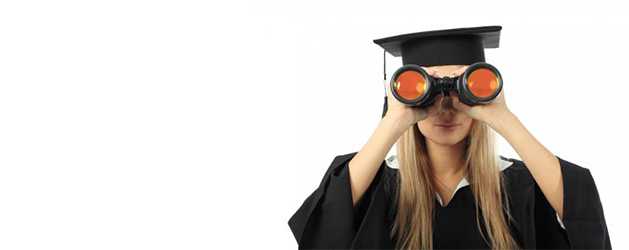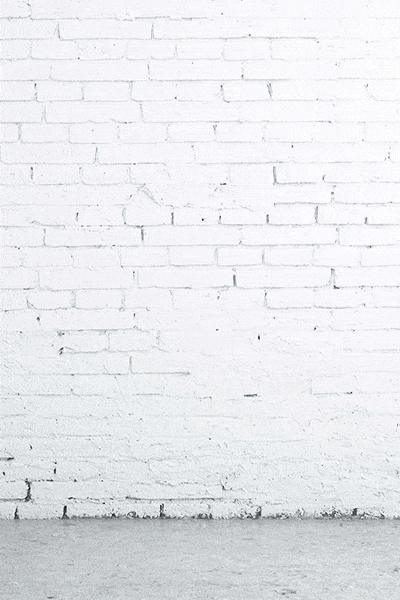
University of Sydney
Overview
AC Rating
Courses
Campuses
Views
Location : Australia ,New South Wales
Overall Rating :
Established in 1850 as Australia’s first university, today the University of Sydney is one of the world’s leading comprehensive research and teaching institutions, ranked in the top 50 in the QS World University Rankings.
Our diverse community of more than 60,000 students and 6400 academic staff showcases the best of Australian innovation and research on the international stage.
Multidisciplinary research excellence
We’re a world-renowned research institution, with 100 percent of our research ranked at world standard or above by the Australian Government’s Excellence in Research for Australia report.
Since 2011 we’ve invested almost $1.7 billion in interdisciplinary research in areas including obesity, diabetes and cardiovascular disease; nanoscale science and technology; mental health and brain science; and development of a deeper understanding of China and Southeast Asia. New initiatives include a multidisciplinary focus on infectious diseases, translational data science, climate change and the intersection between food, animals, soil, nutrition and global health.
We plan to triple our current research investment to $150 million annually by 2020, to enable our staff to improve the lives of everyone.
Educational excellence for everyoneIt has always been our mission to provide people from all backgrounds with the opportunity to realise their potential through education. We were one of the first universities in the world to admit students solely on academic merit, and women on the same basis as men.
Today, we teach Australia’s broadest range of disciplines and have developed a global network that includes 300 exchange opportunities in 41 countries, giving our students the opportunity to deepen their educational experience and equip them to address society’s challenges. We also offer more than $100 million in scholarships, grants and other support every year.
A unique campus life
We’re home to a diverse range of students from more than 140 countries who enjoy access to more than 200 clubs and societies, sporting facilities, museums, galleries and performance, learning and study spaces.
With one of the world’s most beautiful campuses only five minutes from the city centre, our community is unlike any other.
Courses
Admission
Admission to the University of Sydney is highly competitive. You need to meet specific academic and English language requirements before we make an unconditional offer of admission.
Academic requirements
The University accepts a range of Australian and overseas senior secondary (high school) qualifications and successful tertiary studies for admission into its courses.
Undergraduate
Applicants are required to meet course-specific academic requirements through one of the following:
−− an accepted senior secondary qualification
−− at least one year of tertiary study in a bachelor’s degree at a recognised tertiary institution
−− an equivalent tertiary qualification accepted by the University
−− a recognised university foundation program, such as the University of Sydney Foundation Program.
Some courses have additional selection criteria such as interviews, auditions, portfolios and admission tests. If your qualification isn’t recognised, you can complete
a university preparation course through the University of Sydney Foundation Program. Prerequisites, assumed knowledge and bridging courses For some courses we expect you to have a certain level of knowledge in areas such as mathematics, physics, biology and chemistry.
Some courses have prerequisites. The following courses require three Band 5s in the New South Wales Higher School Certificate (HSC or equivalent), including one
in English (but not English as a Second Language, ESL).
−− Bachelor of Education (Health and Physical Education)
−− Bachelor of Education (Primary)
−− Bachelor of Music (Music Education).
Similar requirements will be applied to the International Baccalaureate (IB) and other Australian Year 12 qualifications.
For other secondary qualifications you need to achieve the relevant minimum scores, and have good results in English (not ESL). If you need to meet English proficiency requirements through a test such as IELTS, you will complete those requirements separately. Mathematics course prerequisites From 2019, the University is introducing mathematics course prerequisites for some courses to help students thrive in their science, technology, engineering and mathematics-related degrees.
Postgraduate coursework
You need to meet the minimum eligibility criteria. This may include an acceptable academic qualification (usually the equivalent of an Australian bachelor’s degree) and compliance with any special entry requirements for your course.
Postgraduate research
In general, to be eligible for admission to a postgraduate research degree, you need to demonstrate sufficient prior research experience and capability, such as:
−− a bachelor’s degree with first or upper second class honours, or
−− a master’s degree performed at a high academic standard, and which includes a substantial component of original research, or
−− an equivalent qualification that demonstrates research experience, excellence and capability.
The above criteria are the minimum requirements for eligibility and do not guarantee admission. That remains at the discretion of the faculty. You are encouraged to apply well ahead of time, and even before completion of your current qualifying degree. In these circumstances, referee reports are essential as part of the application for admission.
English language requirements
If English is not your first language, you need to demonstrate that your English language skills meet the minimum level required for your chosen course. You can do this by fulfilling one of the following:
1. For undergraduate study: a recognised senior secondary (high school) qualification conducted in English, English subjects in secondary qualifications specified
by the University or tertiary studies (at least one year of full-time university study) in English at a recognised institution.
2. For postgraduate study, show that you have successfully completed tertiary studies in which the language of the institution and of instruction, examination and assessment was English. You need to have started these tertiary studies no more than five years before the date of application.
3. Complete an accepted English proficiency test with results that meet the minimum entry requirements for your course. English language test scores are
valid for two years.
Accepted tests are the:
−− IELTS (International English Language Testing System)
−− TOEFL iBT (Test of English as a Foreign Language: internet based)
−− TOEFL PB (Test of English as a Foreign Language: paper based)
−− Pearsons Test of English (PTE)
−− Cambridge English Scale – from 2015 for Cambridge English: Advanced (CAE) and Cambridge English: Proficiency (CPE)
4. Complete an approved English course at the University of Sydney Centre for English Teaching (CET), with results that meet the minimum entry requirements for
your course.
Accommodation
Choosing where to live may be one of the biggest decisions you’ll make when you move to Sydney, but you’ll have plenty of help.
Start by exploring our Accommodation Services website, where you’ll find advice on where to live, expected costs, and accommodation options on and off campus. This service also allows you to register for University‑owned housing. On-campus accommodation is limited and we advise you to apply well in advance to secure a place.
Temporary arrival accommodation : Before you move to Sydney, we recommend that you book a temporary place to stay. Once you get here, you can look for longer‑term accommodation.
On-campus – residential colleges (fully catered): The University has eight residential colleges on the Camperdown/Darlington Campus, including International House, a residential community of global scholars. Colleges provide comfortable, fully furnished single rooms and daily meals, along with sporting, cultural, leadership and social programs. They also include on-site tutorials and campus-based classes.
On-campus residences (self-catered): The University has two self-run residences – Queen Mary Building (QMB) and Abercrombie Student Accommodation – on the Camperdown/Darlington Campus. Both just under a year old, they house up to 1000 students. These residences provide modern single-study rooms with large common living, learning and study spaces, communal kitchens, a theatre, gym, soundproofed music rooms, art studios, sky lounges and rooftop gardens. In addition
to national-class facilities the University residences host student-led arts, cultural, sporting, academic, leadership and social programs through University priority programs and the substantially funded student initiatives grant program.The University offers apartments and shared housing around the Camperdown/Darlington
Campus, Cumberland and Camden campuses. Private providers offer furnished rooms in shared or self-contained apartments in residential buildings, usually within walking distance of the University.
Off-campus living : More than 90 percent of our students live off campus. The University is close to many vibrant and multicultural suburbs such as Annandale, Newtown, Chippendale and Glebe. A great place to search is our large online database of properties.
Scholarships
Currently there are no scholarships available.















